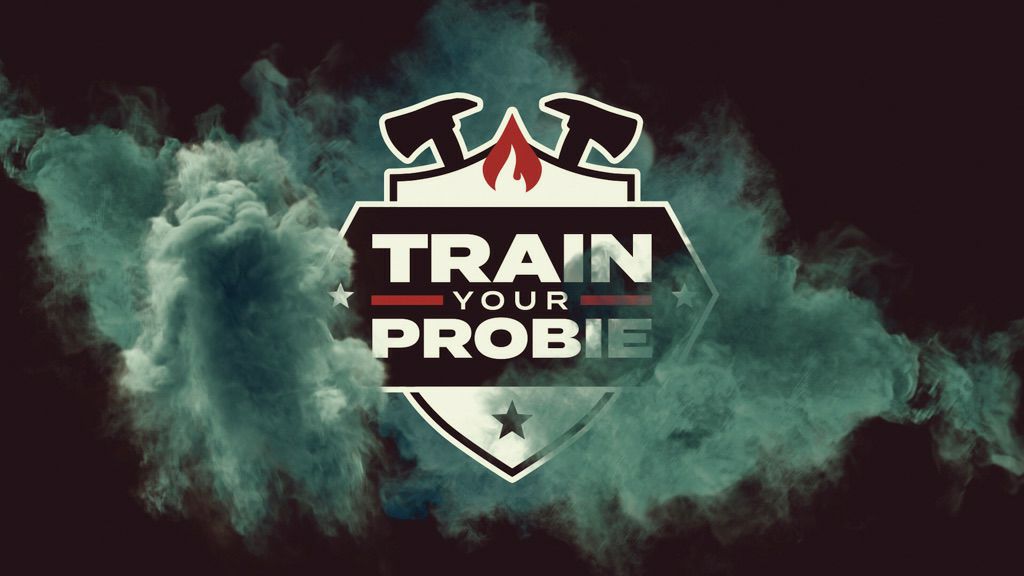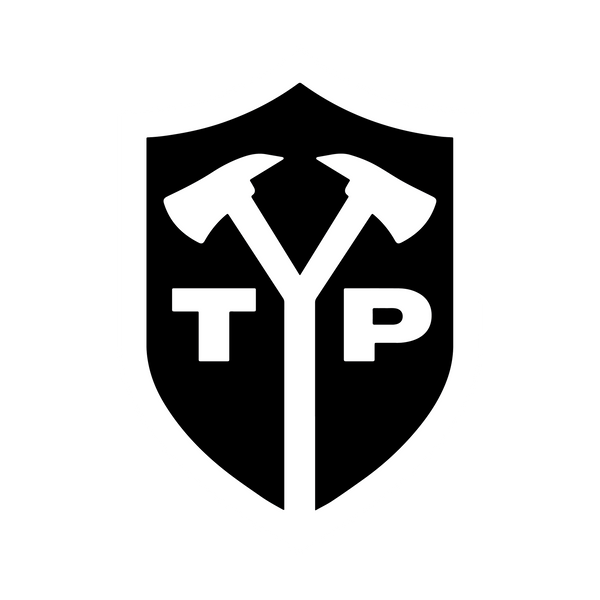
34 Probie Rules
Probie rules are the list of tips, traditions, advice and rules that every rookie firefighter needs to know. They exist to guide you through your new life as a firefighter, because it’s not easy – especially as a probationary firefighter.
Typically, you’ll be considered a rookie or a probie during the first 12 to 18 months at a department. During this time you will be put to the test. Every action you perform (or in some cases you don’t perform) will be looked at under a microscope and you can be terminated for any offense.
Don’t let this scare you though! A probationary period is necessary to ensure that you are a good fit for the department and all firefighters have to go through this period. Besides, you can easily prepare yourself to be a new firefighter by reading through the wisdom collected in this list of probie rules:
Typically, you’ll be considered a rookie or a probie during the first 12 to 18 months at a department. During this time you will be put to the test. Every action you perform (or in some cases you don’t perform) will be looked at under a microscope and you can be terminated for any offense.
Don’t let this scare you though! A probationary period is necessary to ensure that you are a good fit for the department and all firefighters have to go through this period. Besides, you can easily prepare yourself to be a new firefighter by reading through the wisdom collected in this list of probie rules:
- “10 Minutes Early is 20 Minutes Late”. Make it a point to arrive at least 30 minutes early to every shift and to do this not only during your time as a probie firefighter, but during your entire career.
- Work hard. Firefighting is an honor, and in order to give this profession the respect it needs you need to do your job well every time.
- Always have a pen on you. Keeping a pen on your person will enable you to quickly jot down notes, information during calls, and will save you from embarrassingly asking someone else for a pen.
- Always have a rugged watch. It may not seem like a big deal, but a waterproof watch with glow in the dark arms can be a literal life saver.
- Learn as much as possible. Observe everything. Always pay attention. Never stop learning both on duty and in spare time.
- Listen to the “War Stories”. This goes hand in hand with the above point. There are often informal lessons to be learned from their stories.
- If the Captain Has to tell you to do something you're responsible for doing, you’ve already made a big mistake.
- If you see something lying around the station, pick it up and find out where it goes.
- Eat with your fellow firefighters. This is a brotherhood and you are a part of it.
- Don’t worry about “looking like a veteran”. Worry about doing the right things and over time, you’ll be a veteran.
- Unless your officer tells you to leave, never leave your officer.
- Always speak calmly, even on the fireground. Yelling will make you seem out of control, but speaking calmy will inspire confidence.
- Avoid buying too many tools for your pockets. They may become a problem during a fire.
- Learn all of the fire service terms and names.
- Nobody likes a mouthy probie. You’re free to ask questions or speak about safety concerns, but your opinion doesn’t yet matter and talking too much will make you look bad. Don’t say things like “This is what we should be doing”.
- Don’t spend time relaxing. Other firefighters may be watching TV, but unless you’ve learned everything there is to know you need to be reading, researching, learning and doing.
- Stay off your phone. Unless it’s important (e.g. your wife is pregnant) you should be going out of your way to work and learn about everything around the firehouse.
- Wash the dishes, sweep the floor and mop. If there is a chore to be done, you should be doing it.
- Have an “I’ll do it” attitude, if something needs to be done, go out and do it.
- Make the crew coffee.
- Don’t be a brownnoser, but don’t be cocky or arrogant either.
- Leave work at work and home at home. Don’t bring your work problems home or your home problems to work.
- Give the veterans respect. They have an abundance of information and it can literally save your life if you ask them a few questions on what they would/have done at fires.
- Be enthusiastic. Firefighting is the best job in the world! Enjoy both the big and the little things that the job has to offer.
- Be a part of the crew. Join them for P.T. and other nonfirefighting activities. Hang out with them and build a sense of team work both on duty and off.
- Don’t talk rumors. Talking over the kitchen table is a great place to learn, but it’s also where rumors start. Don’t take part in the rumors and keep yourself out of trouble.
- Ask questions. If you don’t know something ask it – even if you’re afraid it’ll make you look stupid. Looking cool is not worth injuring yourself or one of your brethren by not asking a question.
- Always wear your safety gear. You aren’t indestructible and your gear is given to you so that you can go home at the end of the day.
- Check and clean equipment and gear. Check your PPE, SCBA, and the engine or truck to ensure that everything is clean, free of damage, organized and ready to go on the next call.
- Find out how the crew wants you to do things. Where do they want you to ride? What responsibilities are given to you? Learn these before your first call.
- Find the senior firefighter and ask him if he will mentor you.
- Be friendly and introduce yourself. Greet everyone you see and ensure that your crewmates and captain know who you are.
- Talk to the other crew. Arrive early and ask what happened on the previous shift. Ask about equipment that could be moved, repaired or replaced and ask whether there were any interesting calls. Then share your experiences with the crew coming in and give them the same treatment they gave you.
- Always be in the right place at the right time in the correct uniform.
